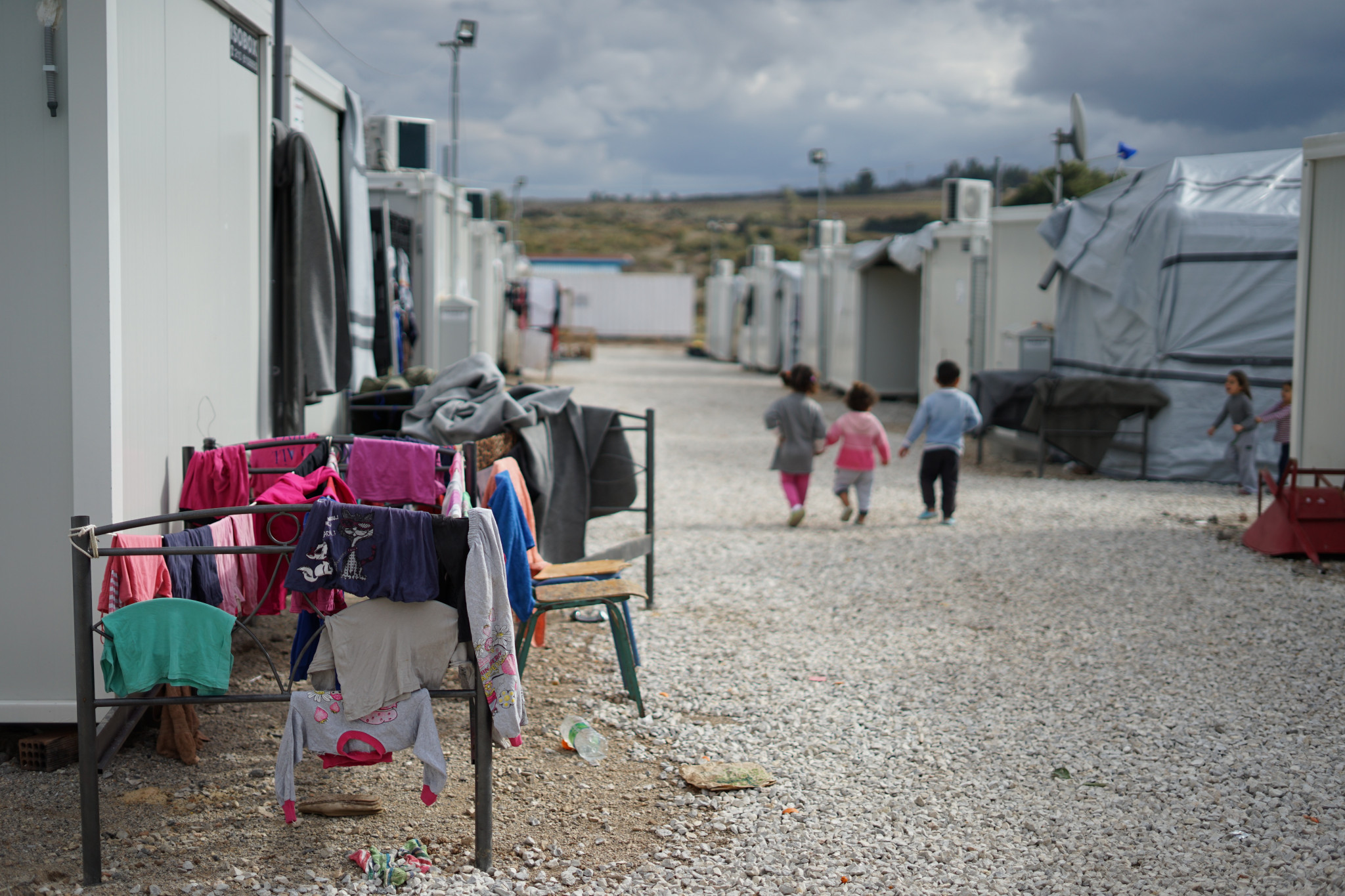Dr Emo Pearce, lecturer in Law, considers the implications of the proposed amendments to UK migration policy
The United Kingdom (UK) is considering introducing new immigration laws that aim to deter individuals who have entered the UK through irregular means from seeking asylum when they arrive. The United Nations High Commissioner for Refugees (UNHCR) is particularly concerned about the asylum bill being introduced. A Memorandum of Understanding (MoU) was signed on the 13th of April 2022 between the UK and Rwanda, the agreement aims to relocate asylum seekers to Rwanda where their asylum applications will be processed. This suggests that anyone who arrives through the irregular routes will not be provided any form of protection, but instead they will be subject to detention whilst arrangements will be made for them to be removed to Rwanda.
Under international law, any transfers or returns to a safe third country can be seen to be appropriate only if certain conditions are met, particularly if the Refugee Convention rights will be respected in the third country, and the arrangement helps share the responsibility for refugees justifiably among nations. An example of this, is the structure in place between the European Union member states. The bilateral arrangement between UK and Rwanda clearly fails to meet the set international standards.
Despite the swift response by the European Court of Human Rights to halt the first flight to remove asylum seekers from the UK, the Government has remained adamant and fully committed to pursuing this new arrangement. It is pertinent to note that if this legislation is passed, it will threaten the right to seek refugee protection in the UK most especially for those who have arrived in small boats, this will be the position regardless of the applicant’s genuine or compelling claim, as the individual’s personal circumstance will not be considered.
An individual who is fleeing from war or any form of persecution does not have the luxury to obtain a visa and in some cases, their passports. At the point of fleeing, these individuals cannot access “legal” routes as there are none available to them. Introducing this new law, undermines the very purpose of the Refugee convention that does recognise that refugees may be forced to enter a country irregularly to seek asylum. Classifying these groups of refugees as undeserving solely because of their mode of entry into the UK distorts these fundamental facts.
That notwithstanding, the UNHCR does share similar concerns with the UK regarding the increase in the number of asylum seekers arriving the UK irregularly, the UNHCR have suggested that a quicker and a more efficient means must be adopted to accelerate application processes and the other applicants who fail to have a legal basis to remain in the UK should be returned. Undoubtedly, the UNHCR has continued to support the Government in strengthening the asylum system in the UK.
Looking at the year ending in September 2022, the UK received 72,027 asylum applications, this was double the application received in 2021 which was 38,328. In addition, according to the statistics provided by the UNHCR in November 2022, there were 231,597 refugees, 127,421 had pending asylum cases and 5,483 persons who were stateless. The numbers have continued to increase exponentially as a result of the pandemic, but most importantly the obvious delays in asylum applications has equally contributed to the delays.
In 2022, Matthew Rycroft CBE, the permanent secretary disclosed that the contingency accommodation for asylum seekers is costing the taxpayer over “£1.5 billion per annum – the highest amount in over two decades, and current spend on hotels is £4.7 million per day including those who have arrived through resettlement programmes”.
Despite the cost implication, the justification for the MoU has still received several criticisms. A question that still remains unanswered is “How safe is Rwanda?” and is this arrangement legal under International Law? The MoU does raise significant legal, public health and human rights concerns. The Home Office’s country policy and information have acknowledged that Rwanda lacks the capacity to receive asylum seekers nor handle asylum claims in an expeditious way, and this has been made evident by the significant delays in asylum decisions, discrimination with particular focus on asylum seekers who fall under the category of protected characteristics.
These and more demonstrates that transferring asylum seekers to Rwanda for their asylum claims to be processed is incompatible with UK’s obligations to guarantee international protection of asylum seekers under the Refugee Convention 1951. The Member States of the Council of Europe have an unquestionable sovereign right to control the entry of non-nationals into their territory, however while exercising this control, member states also have a duty to protect the fundamental rights of all people under their jurisdiction, regardless of their nationality and/or legal status. The entire justification for the MoU must be reconsidered as a matter of urgency particularly because of its ethical, legal, but most importantly the unsafe precedent the UK government will be setting.

Dr Emo Pearce is a lecturer in Law at Canterbury Christ Church University. Her research interest focuses on International human rights, with particular focus on Socio-economic and cultural rights and the advancement of minority and Indigenous Peoples’ rights.
Beyond International human rights law, she equally has a particular interest in the relationship between environmental law and human rights. She teaches on the undergraduate and postgraduate degrees.
 Politics
Politics Laura Cashman
Laura Cashman 1593
1593


